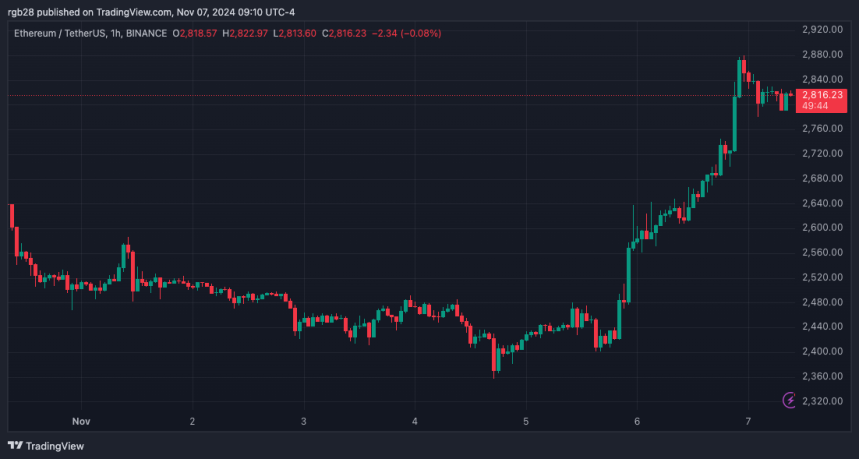Spark Launches First Fully On-Chain Order Book for Ethereum Ecosystem
Spark, a decentralized trading protocol, has announced the launch of the first fully on-chain order book for the Ethereum ecosystem on Fuel Network. This initiative aims to address limitations in the Decentralized Finance (DeFi) landscape by providing traders with fast, secure, and transparent trading while minimizing state and reducing storage needs.
First On-Chain Order Books in Ethereum Ecosystem
Decentralized trading protocol Spark is set to introduce the Ethereum ecosystem’s first fully on-chain order book, focusing on creating a “secure, efficient, and decentralized” trading experience.
The state-minimized order book will enhance transparency by moving execution fully on-chain, reducing data storage and processing requirements for faster transactions without compromising security.
This Ethereum L2 project aims to overcome challenges faced by Automated Market Makers (AMMs) and Centralized Exchanges (CEXs). Although AMMs have contributed to DeFi’s growth, they struggle to meet the demands of institutional traders engaged in high-frequency and algorithmic trading. CEXs are criticized for their lack of transparency and control inherent in decentralized systems. Spark argues that traditional trading mechanisms are essential for attracting institutional traders.
To address these issues, Spark will implement Central Limit Order Books (CLOBs), which are trading mechanisms used in traditional stock markets to match bids and offers based on time priority and price.
With this implementation, Spark aims to provide improved price discovery, faster execution, and deeper liquidity while ensuring security and transparency, catering to the precision required by professional and institutional traders.
Vitali Dervoed, CEO and co-founder of Spark, emphasized the significance of order books for both institutional and retail traders seeking accuracy and transparency while maintaining asset control:
Order books are essential for professional, institutional, and advanced retail traders who depend on precise execution and transparency. Spark’s transition to on-chain trading eliminates trade-offs associated with off-chain systems, offering full visibility into order depth and liquidity to protect users from risks such as front-running and manipulation while ensuring self-custody security. Unlike centralized exchanges, Spark allows users complete control over their assets, making it ideal for traders prioritizing security, transparency, and efficiency.
A New Era for Decentralized Trading?
Fuel, launched in October, operates as a modular rollup operating system for Ethereum. Within three weeks, it achieved a Total Value Locked (TVL) of $33.5 million, with a notable 700% TVL increase in one day and a subsequent 1200% weekly increase, according to DeFiLlama.
Spark is among the first decentralized applications (dApps) on the Fuel Network. This Ethereum Layer 2 project utilizes Fuel’s modular architecture to advance DeFi toward mainstream adoption through enhanced speed, scalability, and interoperability.
The collaboration aims to establish a “new era for decentralized trading,” unlocking opportunities for institutional-grade DeFi and evolving the Ethereum landscape. Nick Sway, CEO of Fuel Network, noted Spark’s launch as a means to push the boundaries of DeFi:
Fuel’s mission is to create an environment where builders can innovate within DeFi, and Spark exemplifies this vision. By leveraging Fuel’s high-performance design, Spark introduces unprecedented transparency and efficiency in decentralized finance through on-chain order book trading, establishing new benchmarks for scalability and precision.
